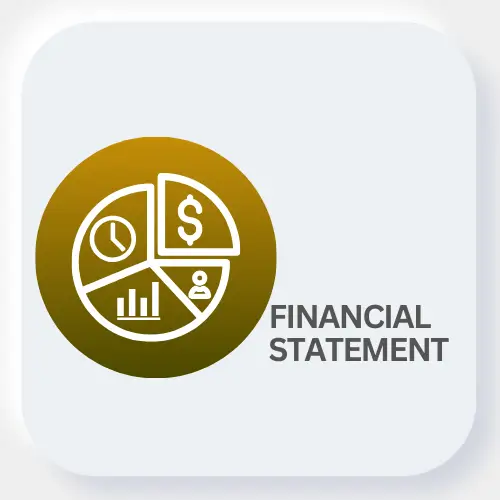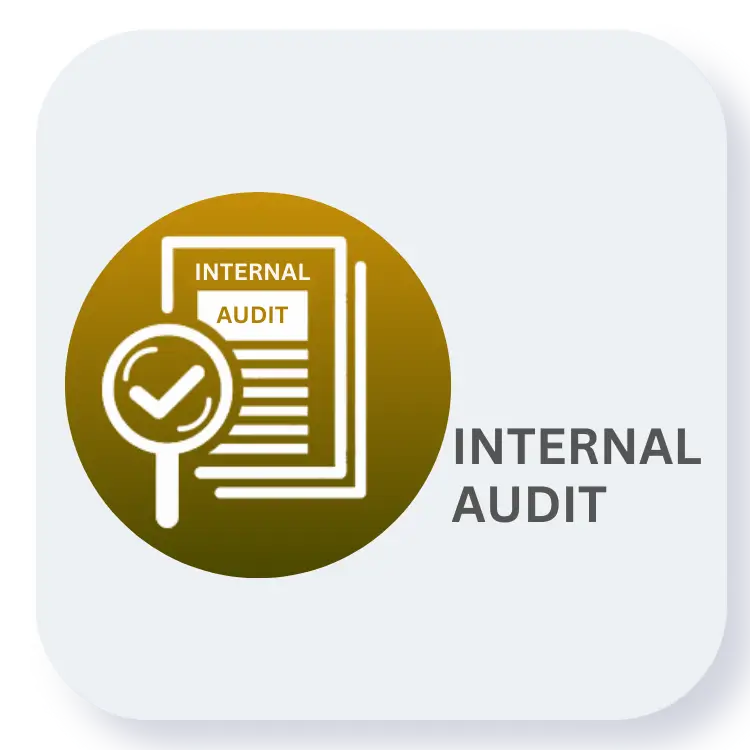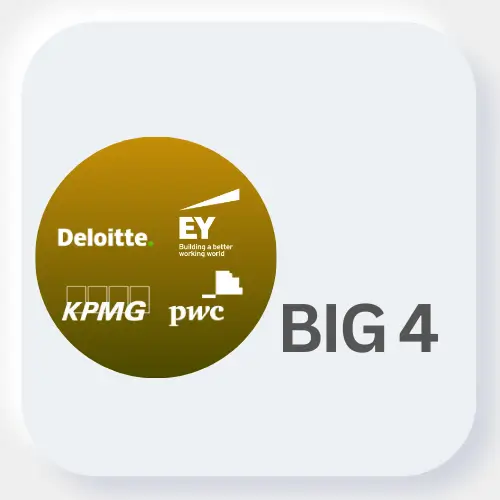Introduction
Let’s be honest-when we hear “Financial Controller,” most of us picture a senior finance guy with decades
of experience and a calendar packed with board meetings. But if you're a CA (or on your way to becoming
one), here's something no one tells you: the path to that title is closer than you think.
And trust me, the financial
controller salary makes it worth aiming for.
Whether you're just done with articleship or already working your way up in a finance role, this guide
is for you. It’s the honest lowdown on what the role involves, how long it takes to get there, and how
much you can actually earn-not just those sugar-coated LinkedIn posts.
What Does a Financial Controller Do? Key Responsibilities Explained
Let’s not make it sound fancier than it is. At the core, a financial controller is the one who makes sure
the money side of the business is rock solid.
They handle:
- Closing the books each month and pulling together the financials
- Ensuring tax and legal compliance — GST, TDS, Companies Act
- Building budgets and forecasts
- Leading the MIS reporting game
- Managing finance teams
- And above all, being the go-to person when leadership wants numbers that make sense
In short, they’re the backbone of financial decision-making. If CFOs are the face of finance, controllers
are the engine behind the scenes.
Financial Controller Salary in India for CAs (2026 Trends)
Now let’s talk numbers — the real reason you’re here.
1. Salary in Startups & SMEs (4–7 Years Experience)
₹10 to ₹15 LPA
You’ll do everything from A to Z — compliance, reporting, budgeting, you name it.
2. Salary in Mid-Sized Companies (6–10 Years Experience)
₹15 to ₹20 LPA
You’ll likely lead a team, maybe even multiple entities. Think ownership + pressure.
3. Salary in MNCs & Large Corporates (8+ Years Experience)
₹20 to ₹35 LPA or more
Add SAP, international reporting, and a few all-nighters to the mix. But yes — the pay matches the
weight.
Bottom line? The financial controller salary in India is high, but so is the accountability. You’ll earn
every rupee.
Financial Controller vs Other CA Careers: Salary Comparison
We get asked all the time: “What’s the best-paying CA role after qualification?”
Here’s a quick glance:
So while not everyone makes it to IB, the financial controller salary puts you right up there with the
best. It’s one of the highest-paying roles outside of the financial services niche.
Is Financial Controller a Good Career Choice After CA?
If you're someone who loves building systems, cleaning up chaos, and owning the finance function
end-to-end, then yes—this is one of the best finance jobs for CA professionals out there.
While not a “starter” job, it’s something you can realistically aim for in 5–7 years. Many CAs fast-track
this path by joining startups early and growing with them.
What Helps You Reach a Higher Financial Controller Salary?
Let’s be real—just clearing CA isn’t enough if you’re aiming for the top-end financial controller salary.
If you want to move faster and get paid better, here’s what actually makes a difference:
- Know your basics cold — Ind AS, GST, TDS, and Schedule III should roll off your
tongue.
- Be ERP-friendly — whether it’s SAP, Oracle, Zoho, or even Tally, being quick on
systems saves everyone’s time (and earns you respect).
- Excel isn’t optional — dashboards, pivot tables, Power BI if possible.
Decision-makers love visual clarity.
- Strong MIS reporting — trust me, every CFO quietly checks this before forming an
opinion about you.
- Speak human, not just finance — if you can explain numbers to marketing or ops
without confusing them, you're already ahead.
Yes, soft skills matter. But more than that? Being the person who just gets things done without waiting
to be told twice. That kind of ownership? It’s rare. That’s what makes people remember your name in
meetings.
How many years does it take to get there?
Let’s be real—a fresher CA won’t be offered this role. But here’s the rough ladder:
- Year 1–2: Financial Analyst / MIS Exec
- Year 3–5: Assistant Finance Manager
- Year 6–8: Finance Manager / Deputy Controller
- Year 8–10: Financial Controller
If you're in a fast-moving company—or just exceptionally sharp—you might hit this role by your 6th year.
Especially in startups, where trust builds faster than tenure.
Is It Worth Becoming a Financial Controller After CA?
100%. The financial controller salary in India reflects the value you bring. You're no longer just
preparing returns or signing ledgers—you’re influencing decisions, guiding teams, and driving business
outcomes.
And guess what? Many controllers move up to become CFOs within a few years. It’s not just a high-paying
job—it’s a launchpad.
Frequently Asked Question
1. Does CA fresher salary depend on city or company type?
Yes, absolutely. A fresher in Mumbai with a startup might get more exposure (and stress) than
someone in a corporate setup in Tier 2. Choose wisely.
2. Which CA role gives highest salary?
Investment banking leads, but controller roles follow closely—especially in growth-stage companies.
3. Is CA worth it in terms of salary?
In the long run? Yes. Initial salaries might feel underwhelming, but roles like financial controller
push your ROI way up.
4. Can a fresher CA become a financial controller?
Highly unlikely. Most firms expect at least 5–6 years of hardcore experience. But you can fast-track
it by picking roles that give real responsibility early on.
5. What is the salary of a CA fresher in India?
Typically ₹7–₹12 LPA. Depends on your interview game, location, and whether you’re walking into audit,
finance, or consulting.
Final Take
Look, reaching that financial controller salary milestone isn’t just about clocking years—it’s a
reflection of the grit, the ownership, and the evolution you’ve gone through as a CA. You’re no longer
just tallying books or preparing audits. You’re running the numbers that steer the ship.
If you're done with routine back-office work and crave something that lets you lead, build, and make real
decisions—this is the role to grow into.
And the day that “financial controller” title shows up under your name? You’ll think back to all those
weekends lost to MIS, the sleepless nights before board meetings, and smile. Because it wasn’t just
worth it—it was the making of you.

.webp)


















































